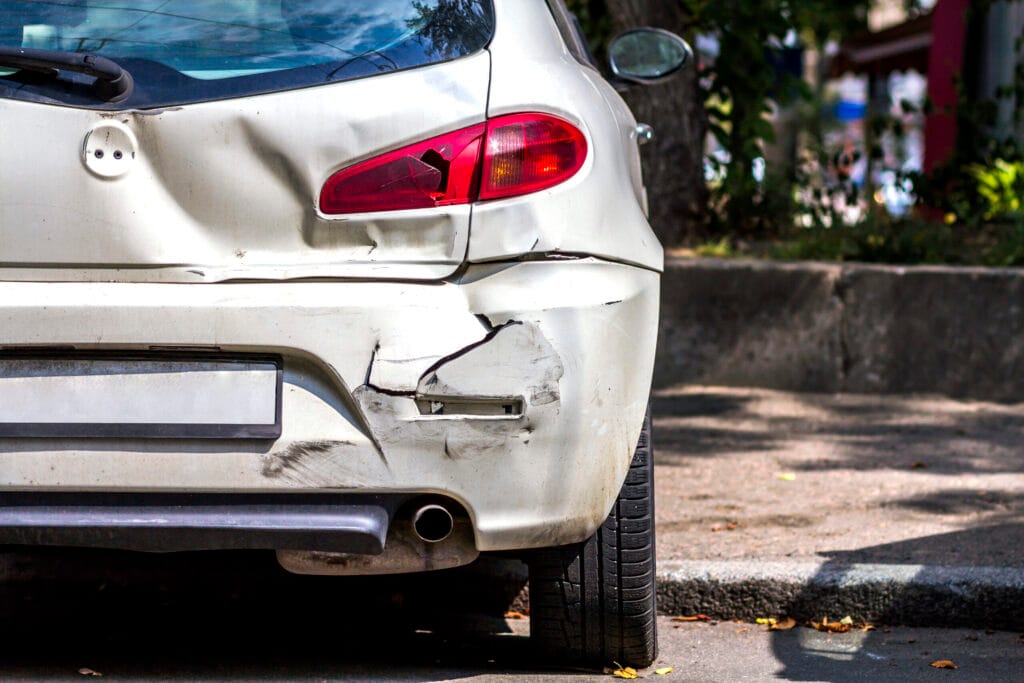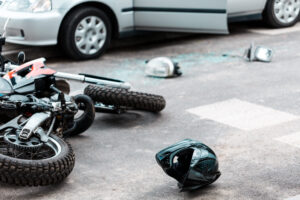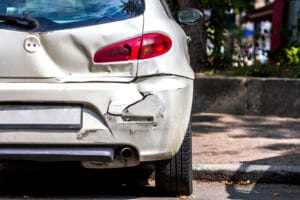What To Do After a Car Accident in Chicago
Being involved in a car accident can be a traumatizing experience, especially in a bustling city like Chicago. The immediate aftermath of an accident is often chaotic and confusing. Knowing the appropriate steps to take not only ensures your safety but also helps protect your rights. Whether you’re a resident or a visitor navigating the Windy City, it’s imperative to be prepared for such unforeseen events. Below, we’ll outline the crucial actions to take following a car collision.
Reporting the Incident: Chicago’s Guidelines for Car Accidents

Reporting a car accident in Chicago is a legal requirement if the incident involves injury, death, or property damage exceeding a specified amount. Contact the Chicago Police Department to file a report. Ensure you provide accurate and factual information to the officers. The police will document the scene and may help facilitate an exchange of information between the drivers.
When speaking to law enforcement, stick to the facts of the incident. Avoid speculating or assigning blame. The officers will compile all necessary information and observations to complete their report, which will later be instrumental in insurance and legal processes. If the police cannot come to the scene, which can happen with minor incidents, you can file a report at the nearest police station within a timely manner.
In Chicago, certain situations may also require you to report the accident to the Illinois Department of Transportation. This is generally done through a Motorist Report form, which should be submitted within ten days of the accident if the police did not file a crash report. Failure to report an accident can lead to significant legal penalties, including the suspension of driving privileges.
Documenting the Scene: Collecting Information for Chicago Insurance Claims

While the memory of the incident is fresh, document as much as you can. Take photographs or videos of the damage to all vehicles, their positioning on the road, and any relevant road signs or signals. Additionally, capture images of the surrounding area, skid marks, and conditions such as ice, snow, or rain that may have contributed to the accident.
Gather personal and insurance information from all parties involved. This includes names, addresses, phone numbers, insurance companies, policy numbers, driver’s license numbers, and vehicle license plate numbers. Do not share your social security number or admit fault, as these actions can have unintended consequences on your insurance claim or legal responsibilities.
Witnesses can provide objective accounts of the accident, which can offer significant support for your version of the events. If there are witnesses, ask for their contact information. Their testimonies can be critical when piecing together the facts, especially in complex accident scenarios.
Understanding Chicago’s Car Accident Laws for Proper Legal Action

Chicago operates under Illinois law, which follows a fault-based, or ‘tort,’ system for car accidents. This means if a driver is found to be at fault for causing the collision, that driver (and their insurance) will be responsible for compensating the other parties involved. Understanding this system is crucial when pursuing an insurance claim or legal action.
Illinois also has comparative negligence laws, which can complicate claims. If both parties share some blame for the accident, compensation might be adjusted according to the percentage of fault. Therefore, accurately documenting the accident and consulting a legal professional can be critical in ensuring the best possible outcome for your case.
Be aware of the statute of limitations in Illinois for filing a lawsuit. Generally, you have two years from the date of the car accident to file a personal injury claim. However, property damage claims may have a longer timeframe. Missing these deadlines can forfeit your right to pursue compensation altogether.
Seeking Medical and Legal Assistance Post-Accident in Chicago

Even if you don’t feel injured immediately after the accident, it’s wise to undergo a medical evaluation. Injuries like whiplash or concussions can become apparent only with time. A healthcare professional can provide a thorough examination and create medical records that might prove crucial should you seek compensation for injuries.
Dealing with insurance claims can be overwhelming, and understanding your rights and obligations under Chicago’s laws can get complex. It’s often in your best interest to consult with professional legal assistance. An experienced Chicago car injury lawyer can help navigate the claims process and ensure you receive fair treatment from insurance companies.
Altogether, the steps taken after a car accident in Chicago can significantly impact your health and financial recovery. It’s important to remain informed of the correct procedures, document everything diligently, and seek appropriate medical and legal assistance. By doing so, you’ll be better equipped to navigate the aftermath with confidence and ensure your rights are fully protected.





